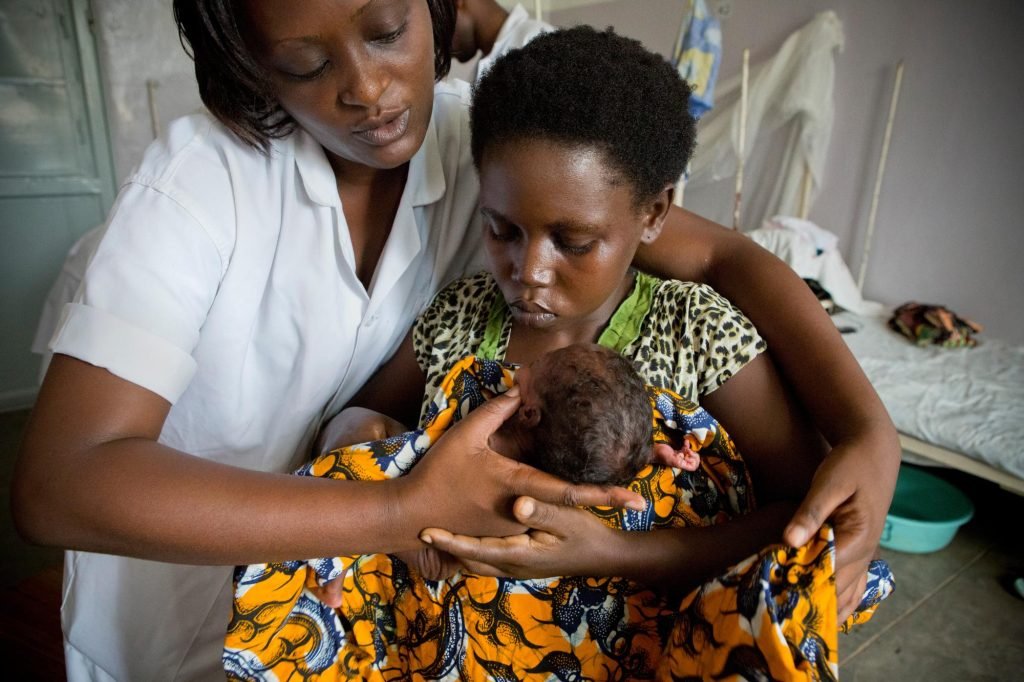About M'Wives on wheels

About Us
At M’Wives on Wheels, we believe no woman should go through pregnancy or childbirth without skilled, respectful care—regardless of where she lives or the conditions she faces.
We deliver mobile midwifery services to women in rural regions and crisis-affected areas with limited or no access to maternity care. Our services are developed and delivered by midwives, ensuring that care is led by those most experienced in supporting women throughout the pregnancy journey. We focus on providing antenatal and postnatal care, training midwives and traditional birth attendants, and delivering health education to women and families.
To strengthen long-term impact, we work closely with government maternity facilities to build local capacity and integrate our services within the broader health system. Additionally, we partner with local governments, wherever possible to establish maternity farms—community-based agricultural projects that grow and deliver nutritious food to pregnant and postpartum women. These farms enhance maternal nutrition and help sustain our mobile midwifery services through locally driven solutions.
Guided by the International Confederation of Midwives (ICM) framework, our work is grounded in evidence, cultural respect, and responsiveness to local realities—including those in humanitarian settings. By combining clinical care, community empowerment, and system partnerships, we ensure that every woman—no matter her location—has access to safe, supported, and dignified maternity care.
M’Wives on Wheels in action
In rural and crisis-affected regions, many women are forced to navigate pregnancy and childbirth without skilled care. Health systems may be overwhelmed, inaccessible, or non-existent, leaving mothers and newborns at serious risk.
M’Wives on Wheels steps in to deliver midwifery services where they are needed most. Our approach is mobile, community-based, and grounded in partnership with those we serve. We provide:
- Mobile midwifery services that bring antenatal, postnatal, and childbirth care directly to communities with limited or no access to hospitals or clinics.
- Education and community engagement, training traditional birth attendants in essential, life-saving skills and empowering families to recognize early warning signs in pregnancy.
- Sustainable care models that empower women and strengthen maternal health over the long term through consistent, midwifery-led care.
- Locally adapted services, developed in collaboration with communities to respond to real, on-the-ground needs, especially in areas affected by conflict, displacement, or systemic poverty.
